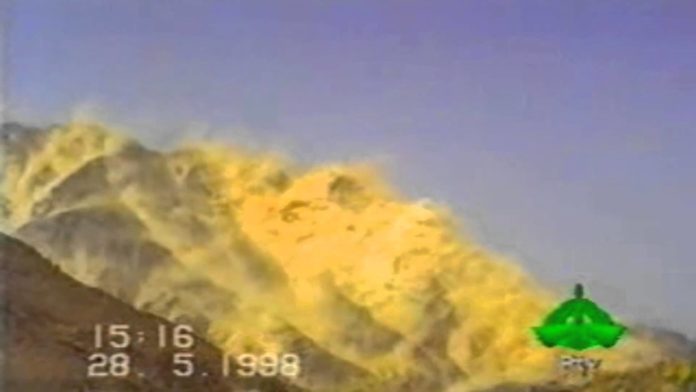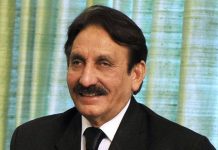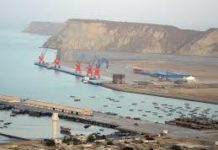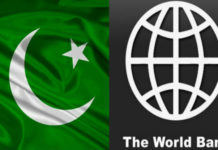By Muhammad Luqman
Pakistan observed Yaum-e-Takbeer on Monday to commemorate the historic nuclear tests it conducted on May 28 in 1998 in response to India’s five detonations.
Pakistan became the first nuclear power in the Muslim world and seventh world power by demonstrating its nuclear capabilities while withstanding international pressure.
“May 28 marked the 20th anniversary of the nuclear tests conducted by Pakistan in 1998 as the South Asian country was forced to detonate the devices as a response, in self-defence, to the nuclear tests and accompanying hostile posturing by its neighbour India, ” according to foreign office statement.
Chagai-I was the code name of five simultaneous underground nuclear tests conducted by Pakistan at 15:15 hrs PST on 28 May 1998. The tests were performed at Ras Koh Hills in the Chagai District of Balochistan Province. Its timing was a direct response to India’s second nuclear tests, on 11 and 13 May 1998.
“These developments (nuclear tests by India) unfortunately put an end to the prospect for keeping South Asia free of nuclear weapons – an objective which Pakistan had actively pursued. Notwithstanding these facts, Pakistan has remained steadfast in its commitment to non-proliferation and global peace and strategic stability”, Foreign office spokesman said..
Besides the military use of nuclear technology, Pakistan plans to increase its nuclear power generation capacity to 40000 MW by 2050, as a clean and cost-effective alternative to fossil fuel.
As a country with advanced nuclear technology, Pakistan seeks to play its role as a mainstream partner in the global non-proliferation regime.
The South Asian nation is also aspiring to join the multilateral export control regimes and has already applied for participation in the Nuclear Suppliers Group (NSG) based on non-discriminatory criteria applicable in a fair manner to all non-NPT states.















